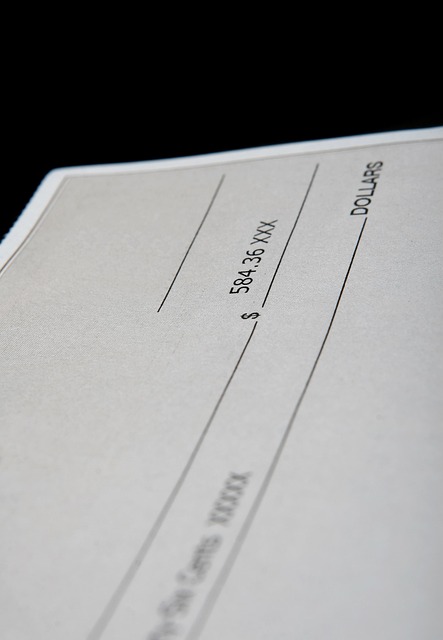Understanding Bank Accounts: A Comprehensive Guide
A bank account is more than just a place to store money - it's a fundamental financial tool that serves as the foundation for personal and business finance management. In today's digital age, bank accounts offer various features and services that help individuals manage their finances, make payments, earn interest, and build financial security. This guide explores the essential aspects of bank accounts and helps you understand how to make the most of these financial instruments.

Features and Benefits of Bank Accounts
Modern bank accounts come with numerous advantages beyond basic money storage. Most accounts offer online and mobile banking access, allowing you to manage your finances 24/7. Additional features often include automatic bill payments, direct deposit capabilities, and fraud protection. Many banks also provide overdraft protection, ATM access nationwide, and the ability to link multiple accounts for easy fund transfers.
How to Choose the Right Bank Account
Selecting the appropriate bank account requires careful consideration of several factors. Consider the minimum balance requirements, monthly maintenance fees, and interest rates offered. Evaluate the bank’s digital banking capabilities, ATM network, and branch locations. Also important are customer service quality, additional banking products available, and any special features that might benefit your specific financial situation.
Understanding Bank Account Security
Banks implement multiple security measures to protect your money and personal information. These include FDIC insurance, which typically covers up to $250,000 per depositor per bank. Additional security features include encryption for online banking, fraud monitoring systems, secure card technology, and multi-factor authentication for account access.
Account Fees and Maintenance Requirements
| Account Type | Typical Monthly Fee | Minimum Balance to Waive Fee |
|---|---|---|
| Basic Checking | $5-$12 | $500-$1,500 |
| Premium Checking | $12-$25 | $1,500-$5,000 |
| Savings Account | $5-$10 | $300-$1,000 |
| Money Market | $10-$15 | $2,500-$10,000 |
Prices, rates, or cost estimates mentioned in this article are based on the latest available information but may change over time. Independent research is advised before making financial decisions.
Managing Your Bank Account Effectively
Successful account management involves regular monitoring of your balance, tracking transactions, and maintaining required minimum balances to avoid fees. Set up account alerts for low balances or unusual activity. Review monthly statements carefully and reconcile your records regularly. Consider automating recurring payments and savings contributions to maintain consistent financial habits.
A well-managed bank account serves as the cornerstone of your financial health. Whether you’re just starting your banking journey or looking to optimize your existing accounts, understanding these fundamental aspects will help you make informed decisions about your money management strategy.






